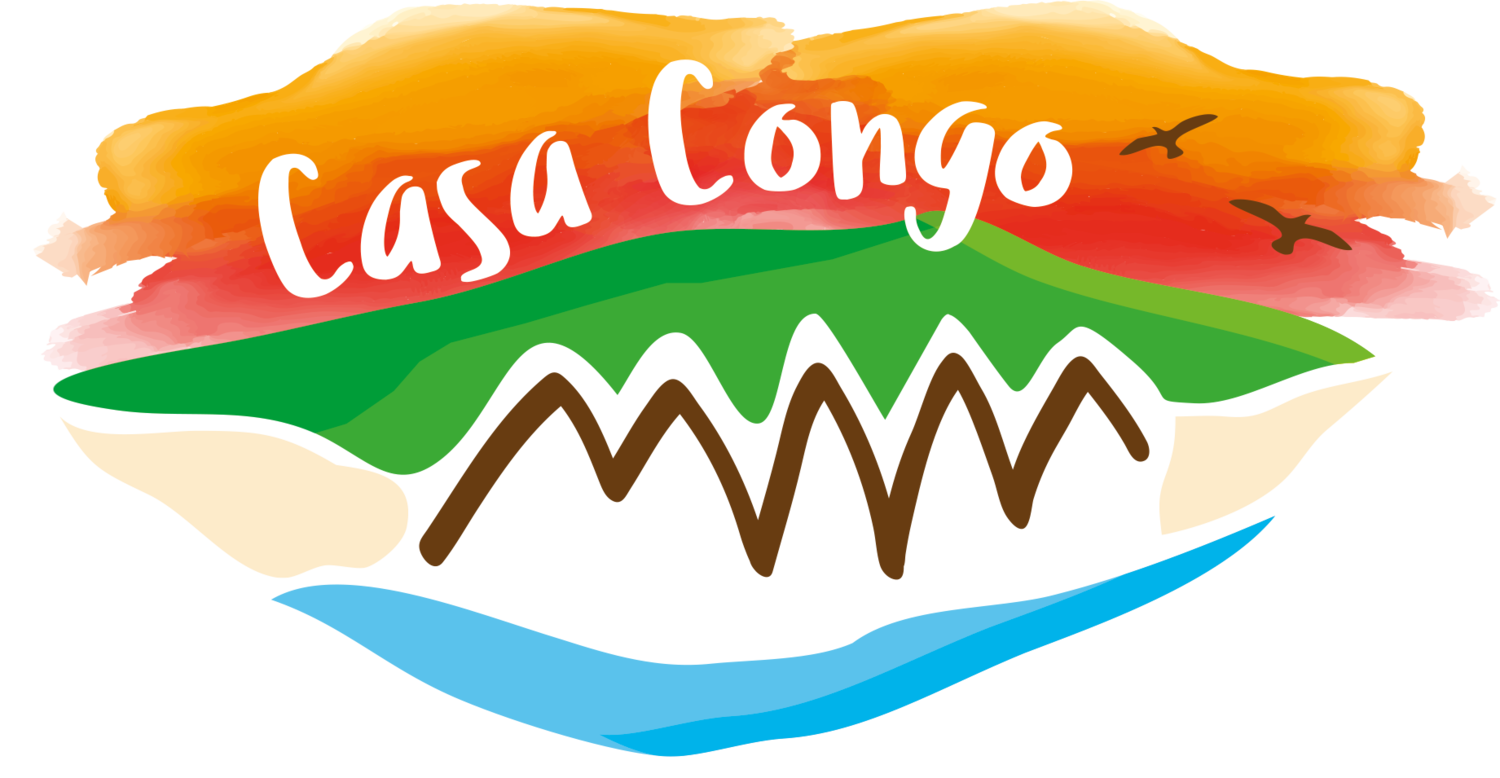Centre of Agroecology
Managed by Las Flores
Casa Congo’s Centre of Agroecology is an experimental garden that acts as the beating heart of our activities in agroecology and ecological restoration. Agroecology can be defined as a science, a practice and a movement and here we try to embrace all three of those elements.
The Agroecology program is led by Las Flores, a collective of 10 - 15 local women who manage the garden and the seedbank, and work together to replicate new agroecology practices in the community.
Key Activities
Designing our gardens to grow food and increase biodiversity
Managing land with the principles of agroforestry and permaculture to regenerate the soil, capture water and prevent erosion.
Hosting workshops to facilitate the intersection between science and indigenous knowledge.
Providing infrastructure and logistics support to Las Flores women collective
Organizing markets for smallholder farmers to sell their goods
Saving seeds to support the food sovereignty of the territory and its farmers.
Supporting watershed management activities
So far we have…
Created an experimental center for theory and practice of agroecology
Planted 13,107 trees in partnership with INAFOR and MARENA
Created 20 community gardens with circular water systems
Completed 3 scientific research projects
Managed a seed bank with 70 - 80 different seed types
Provided income and ecosystem services to 12 local women
Involved over 200 local community members in educational workshops
Casa Congo’s vision to support local women as integral stakeholders of the agroecology program is supported by Rockflower, a global venture philanthropy fund seeking to improve and elevate the lives of women and girls in emerging economies.
The Centre of Agroecology was built on the Casa Congo site as part of our ecological restoration plans. The original beachfront land Casa Congo acquired in 2017 was a bar and a waste tip. Shards of glass and pieces of plastic continue to be removed every time we plant a tree or move the soil.
Using a combination of practices we designed a garden that could slow down water when it rains, thus reducing soil erosion, and allow that water to infiltrate into the soil, thus keeping the soil damp and the microbiology happy. At the same time we wanted to create an educational space where we could trial different techniques and see how they worked best in this seaside climate.
The Centre of Agroecology is equipped with all the tools and equipment required for activities and field trips. We have a seed bank and a nursery which is incredibly important to protect seeds and support agriculture in the community.
‘La Tortuga’ - the turtle - became the focal point of our experimental garden beds, although our swales and dry rivers are home to the biggest trees we have grown so far. Here at the centre many teachers and experts have come to host workshops, in particular, Sergio Olaya, a Brazilian farmer and syntropic agriculture maestro.
Las Flores run Casa Congo’s agroecology program. Their goals are to involve more apprentices and replicate elements of Casa Congo’s agroecology center throughout the region. Las Flores also collaborate with Casa Congo to curate a healthy local food offering. Recently, we’ve also collaborated with celebrity chefs mixing international knowledge with local hands and produce!
Las Flores' activities include managing the seed bank, creating community gardens, rainwater collection and gray water filtration systems, as well as other green infrastructure projects that build healthy soil and create a diverse forest system.
Las Flores women collective is closely supported also by the venture philanthropy fund Rockflower.

“At the beginning nobody believed in Casa Congo, but now the impact in the community is real and visible”
Anielka, Agroecology Manager






